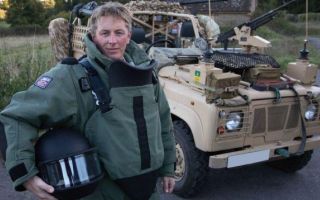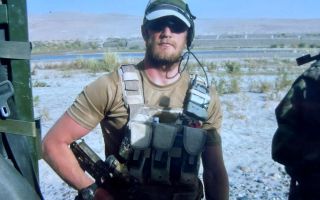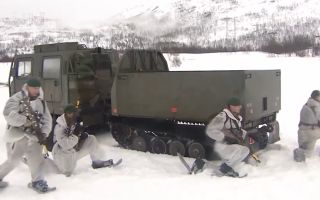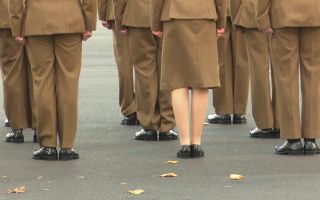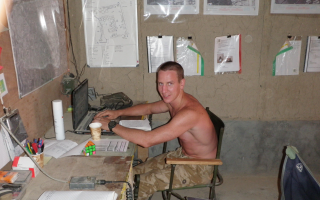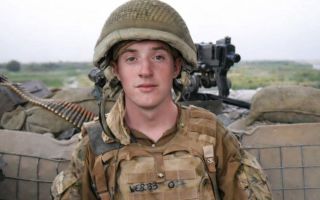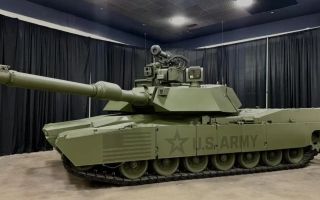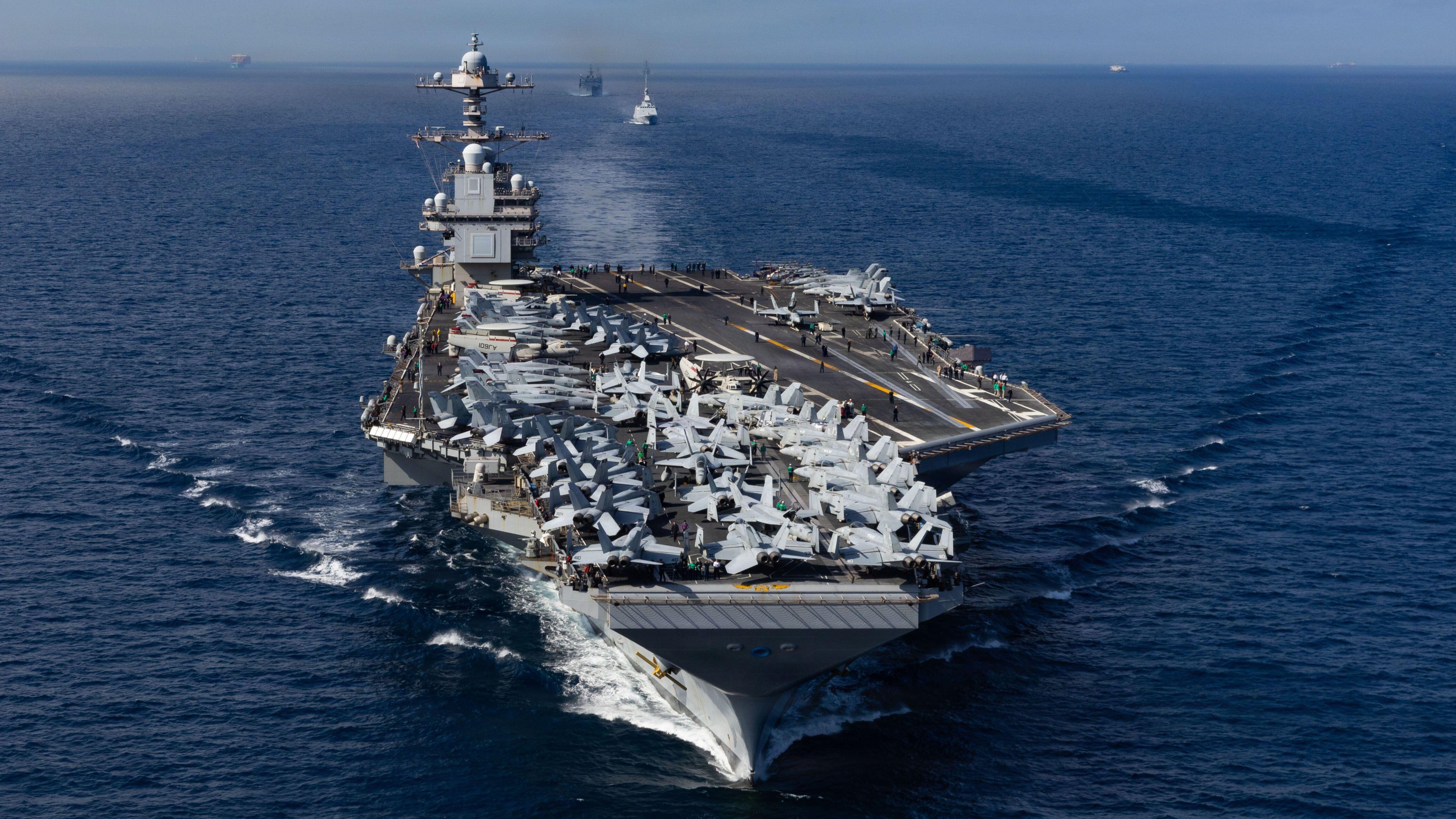
US flexes its muscles to Venezuela as USS Gerald R Ford deployed to Caribbean waters

The world's largest warship and its carrier group are heading to Latin America amid rising tensions between the US and Venezuela.
The Trump administration escalated a US military build-up by announcing the deployment of the USS Gerald R Ford aircraft carrier group to Caribbean waters, Washington's most assertive move in the region so far.
There are already eight warships, a nuclear submarine and F-35 aircraft in the region, and the carrier deployment adds to that, a significant escalation of the situation.
Tensions have been rising in the Caribbean seas between the United States and Venezuela following US president Donald Trump's order to strike down what he now claims to be three boats carrying drugs to America in September.
The first US attack took place on 2 September, resulting in 11 deaths, with the second on 15 September, killing a further three.
Venezuela responded by conducting exercises close to the Caribbean Sea, where the US and other allies are operating.
An expert in Latin American security said the exercise was a "disguise" as it prepared for what's to come in the next weeks.
But the reaction to the strikes resulting in a military exercise was expected, says Dr Carlos Solar, a Senior Research Fellow in Latin American Security.
"Venezuela has reacted in a way that we could have expected. They are obviously trying to fortify their coastal defences."
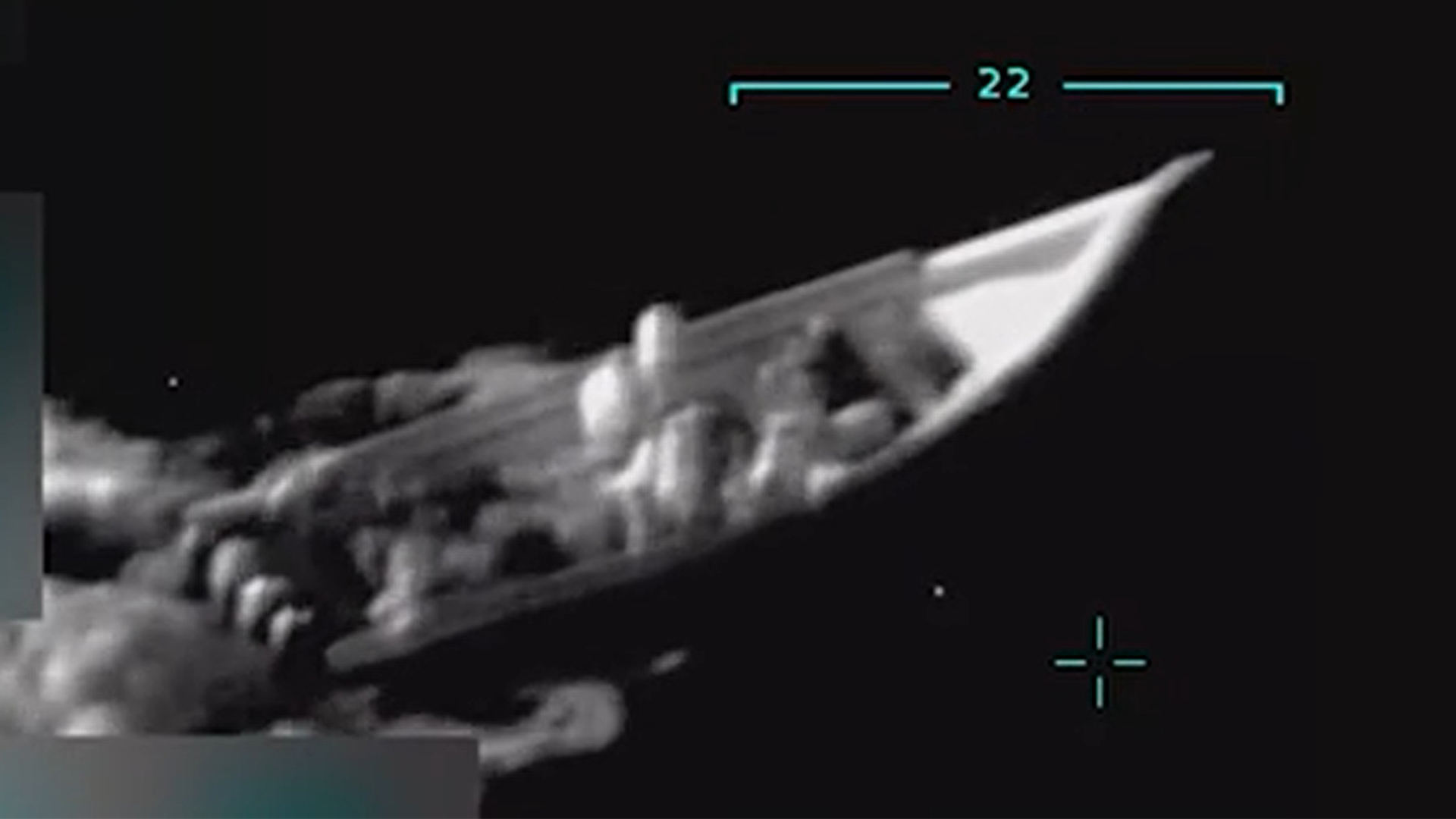
How did Venezuela react?
There was no reaction in terms of firing back, but Venezuelan president Nicolás Maduro called the strike a "heinous crime".
After the second strike on 15 September, Venezuela launched a full-scale three-day military exercise on 17 September.
More than 2,500 soldiers have been called up alongside 12 naval ships, 22 aircraft and 20 small boats.
Separately, reports show Venezuela has been showcasing many of its Russian-made fighter jets equipped with anti-ship missiles on the island of La Orchila, north of its capital, Caracas.
Dr Solar said: "Venezuela has reacted in a way that we could have expected. They are obviously trying to fortify their coastal defences.
"It means that they will go in and do military exercises, preparing for what could be a land invasion, for what could be long-distance missile attacks from the destroyers that are currently based in international waters just across their economic zone.
"It's under a disguise of an exercise, but it's pretty much military preparations from Venezuela towards what could be unfolded in the next days or weeks," Dr Solar added.
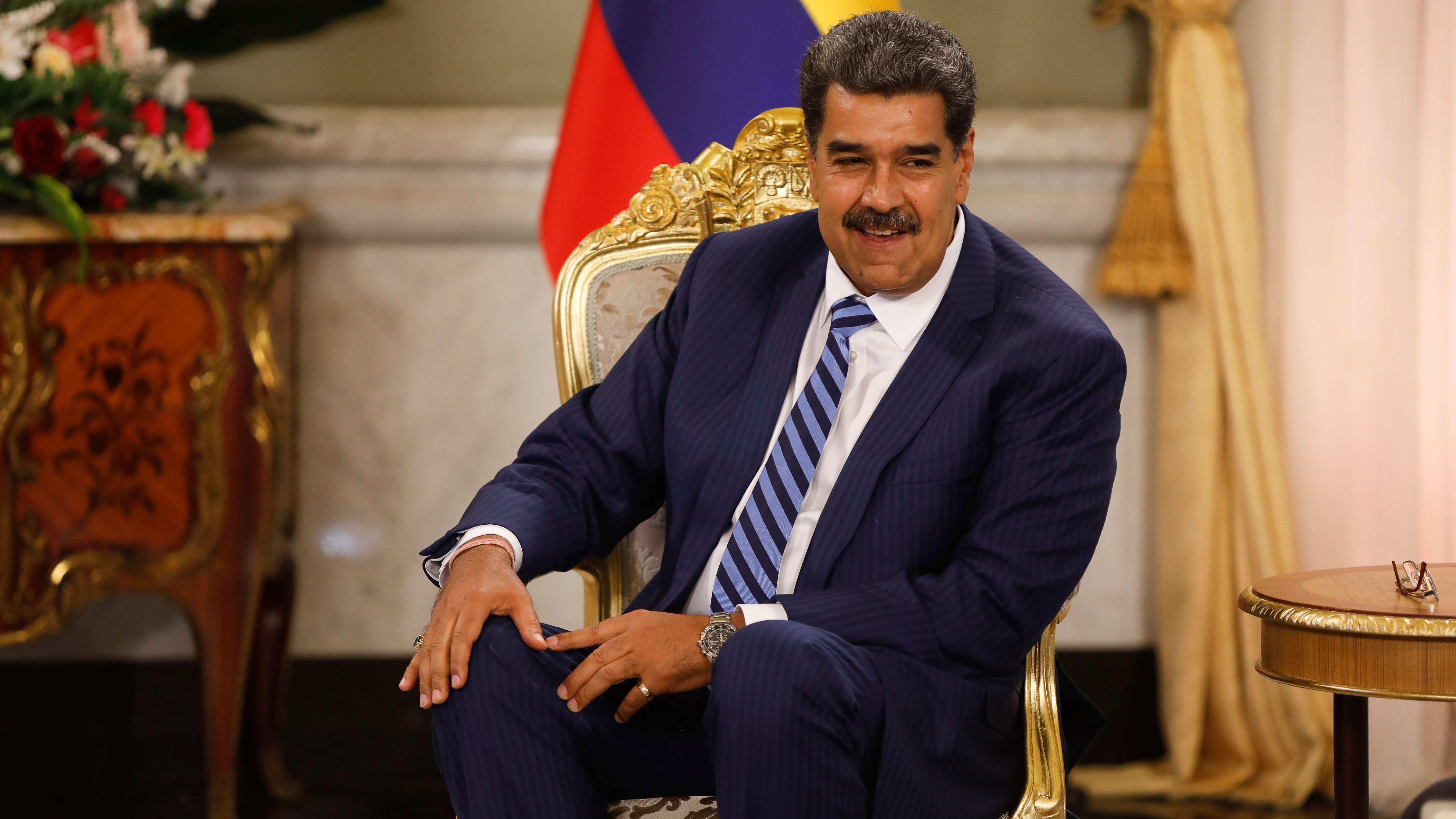
The US military ramps up 'show of muscle'
Venezuela's reaction also follows the United States' deployment of more than 4,000 marines and sailors.
They also sent out more ships, fighter jets, a nuclear submarine and P-8 Poseidon aircraft to the region as a show of power against cartels, they claim. Ten F-35s landed in Puerto Rico in September.
Dr Solar said: "What we've never seen in the recent decade has been such power, such US power amassing in different parts of the Caribbean Sea.”
He said they try to "block and cut the drugs trafficking routes, not just through Venezuela but also the ones that go towards Central America, the ones that use Haiti, for instance".
"Whenever we have this amount of power in such a small territory, it obviously raises concerns and many questions about where will this US show of muscle stop, or whether there will be more resources dedicated into the Caribbean Sea," he said.
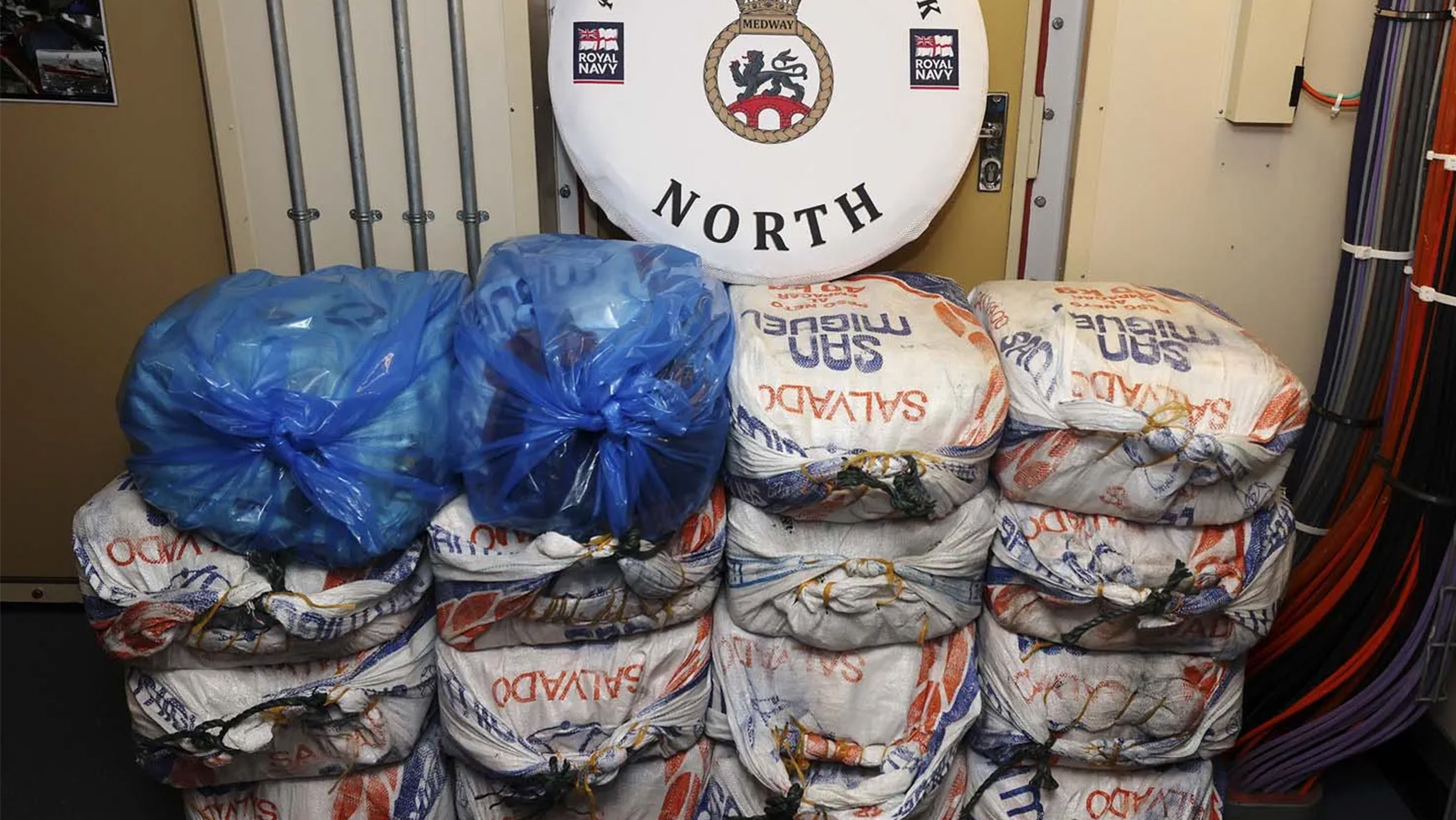
What goes on in the Caribbean Sea?
The Caribbean Sea is a vital passage for international shipping and trade.
However, it has long been a military hotspot with the UK, other countries, allies and the US monitoring the waters for drug and arms traffickers and supporting the Coast Guard and law enforcement.
Dr Solar said: "The Caribbean Sea has seen an uptake in drug trafficking over the recent years, up to a point in which the routes from Venezuela into Haiti, into Central America or further into the state of Florida, in the US, have reached an unseen amount of drug trafficking going back and forth."
Arms trafficking is also an issue in the region.
"That's why we've seen total chaos in Haiti related to gun violence," Dr Solar added.
The Caribbean has been a regular deployment for the UK, with a Royal Navy warship routinely in the area.
HMS Medway is currently deployed in the area, handing over regional duties to her sister ship HMS Trent, which joined her earlier this month. Medway is diverting to the Bahamas behind Hurricane Melissa to provide humanitarian support to the region during hurricane season, from June to November.
Dr Solar believes the Navy would have been well briefed. "Obviously, the UK is more alert on what situation could unfold.
"The British has both military and intelligence presence in terms of what the US is doing in the Caribbean Sea," he added.

